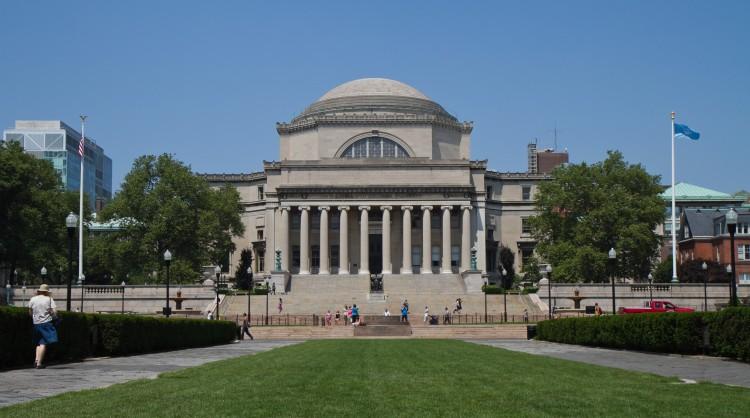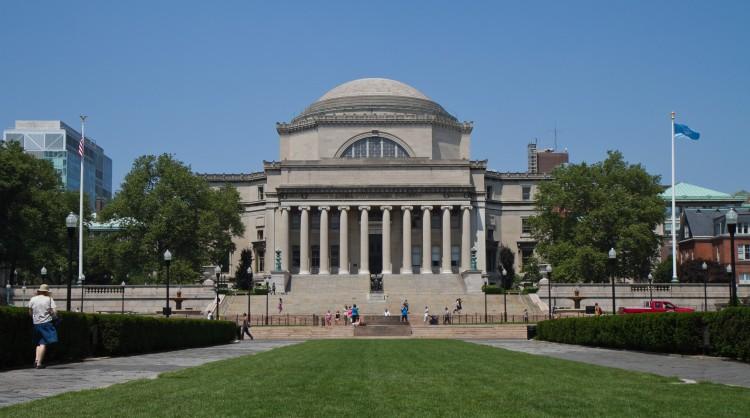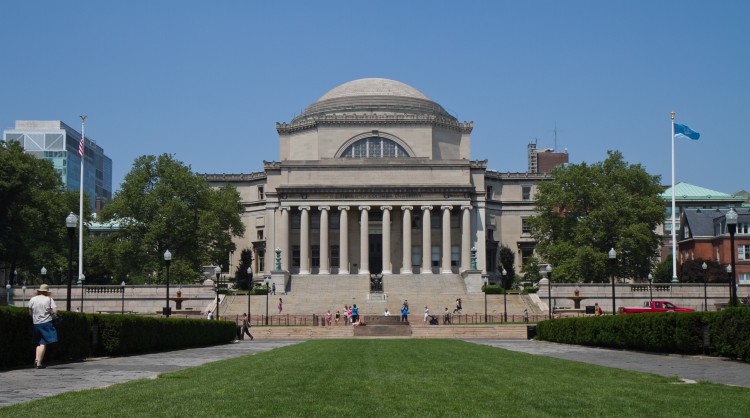NEW YORK—Woody Allen once said, “Eighty percent of life is about showing up.”
David Conley, the research director for the Center for Educational Policy, said he wants 80 percent of high school students to do more than just show up—he wants children really learning. Conley was making introductory remarks at a Creating College Ready Communities forum in Manhattan Tuesday.
In a few weeks, the Center for New York City Affairs will release a final analysis of NYC’s school- and community-based college readiness efforts, and what more needs to be done to prepare students for college and the workforce. Tuesday’s panel of experts was discussing what else should be added to the report.
Conley said New York students have high aspirations and high-school graduation rates and college enrollment are increasing. Yet, the three-year graduation rate for CUNY community colleges was less than 12 percent for full-time students that entered in the fall of 2008.
“They don’t have the behavior to match their aspirations,” Conley said.
He suggested implementing additional tests to measure students’ basic communication skills—such as speech, listening, and following directions. He said these skills are vital for entry-level jobs, but many young people lack them.
Finding the Root of the College-Ready Problem
David Conley, the research director for the Center for Educational Policy, said he wants 80 percent of high school students to do more than just show up—he wants children really learning.

The campus of Columbia University with the Low Memorial Library in the foreground in Manhattan on June 21. Benjamin Chasteen/The Epoch Times
|Updated:





